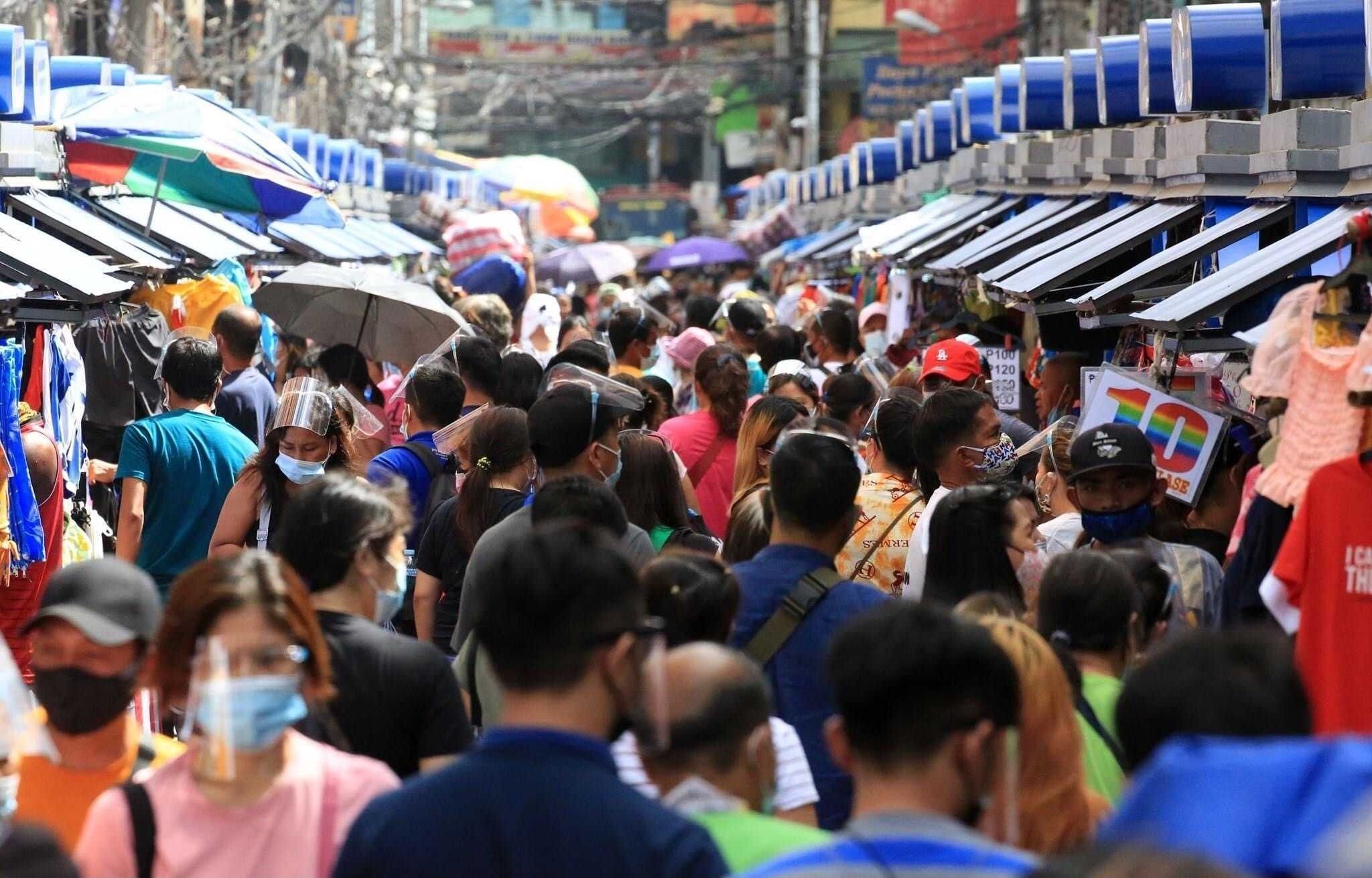In year of pandemic, Philippines slips one spot in global democracy index

MANILA, Philippines — Findings by a London-based think tank showed the Philippines down by a spot anew to become 55th in the world in its democracy index for 2020, a year for the country marred by a series of controversies at a time of a pandemic.
Per results recently made public by the Economist Intelligence Unit, the Philippines slid to the said place from 54th in 2019, in what appears to be a continuing decline from ranking 53rd in 2018 and 51st the year before that.
Manila joined the list of 115 other countries out of 167 that saw a decline in 2020, the EIU noted. Some 38 had only recorded an improvement while 13 remained in their spots from 2019.
With a score of 6.56 from 2019's 6.64, the Philippines continued to be among those described as "flawed democracies" or those that "have free and fair elections, even if there are problems (such as infringements on media freedom), basic civil liberties are respected."
"However, there are significant weakness in other aspects of democracy, including problems in governance, an underdeveloped political culture and low levels of political participation," the EIU said in its report.
The country retained its 9.17 score in electoral process and pluarlism as well as in political culture at 4.38, while its political participation saw an increase to 7.78 from 7.22 in 2019.
EIU said confidence in government was influenced by the public's perception of their leaders' handling of the pandemic. The Philippines keeping the said score from last year was visibly showed with 84% approved of the Duterte administration's handling of COVID-19 despite the mounting criticisms it has faced.
It, however, tallied decreases in civil liberties at 6.47 against 7.06 in 2019 and functioning of government to now at a flat 5.00 from 5.38.
The think tank also noted big downgrades of index scores among for the two factors, saying "the withdrawal of civil liberties, attacks on freedom of expression and the failures of democratic accountability that occurred as a result of the pandemic in 2020 are grave matters."
The observation, while applicable to many nations, does not erase the fact that it speaks volumes at home. In 2020 alone, various cases of abuse from authorities carrying out pandemic-related curbs had been recorded, with the Duterte administration facing criticism that it has carried out a militaristic approach to the health crisis.
RELATED: 'By the book': A look at quarantine incidents and police operational procedures
In May of that year, broadcast giant ABS-CBN was also forced to close down after Congress denied its bid for a franchise renewal, a move that had significantly been incited by the president despite later attempts by his men to distance himself from what has been regarded as an attack on the press.
Months later, President Rodrigo Duterte would fast track the approval of the highly controversial anti-terror law, leading lawmakers to swiftly pass the measure that he eventually signed.
The legislation has since faced 37 petitions questioning its constitutionality before the Supreme Court, as groups including former magistrates and legal luminaries warn that its vague provisions could lead to stifling dissent and run after government critics.
Duterte's drug war would also see a continuation despite the raging pandemic, with official police figures showing nearly 8,000 dead in its operations, figures which human rights groups dispute as saying the toll could be as high as 30,000.
Incidents of red-tagging, or linking individuals and institutions as having ties to the armed communist movement have also worsened, which led to those included as facing threats, intimidation or worse, killed.
There was not much change in the countries that topped the annual democracy index last year, with Norway keeping its No. 1 spot at 9.81, followed by Iceland with 9.37, Sweden with 9.26, New Zealand with 9.25 and Canada with 9.24.
The Philippines also retained its 9th place in the Asia and Australasia region with 6.56. New Zealand topped the regional rankings, followed by Australia, Taiwan, Japan and South Korea, all of which are now classified as "full democracy" from the three Asian nations then considered as flawed democracies in 2019.
The democracy index was based on the ratings for 60 indicators, which were grouped into five categories — electoral process and pluralism, civil liberties, the functioning of government, political participation and political culture.
EIU said the global average score in 2020 was a record-low to 5.44 in 2019 to 5.37 last year, noting that democracy index in recent years have showed that democracy "has not been in robust health for some time."
"This is by far the worst global score since the index was first produced in 2006," the think tank said. "The 2020 result represents a significant deterioration and came about largely—but not solely—because of government-imposed restrictions on individual freedoms and civil liberties that occurred across the globe in response to the coronavirus pandemic."
- Latest
- Trending































